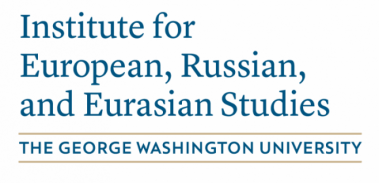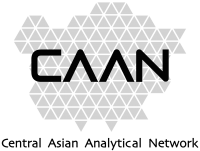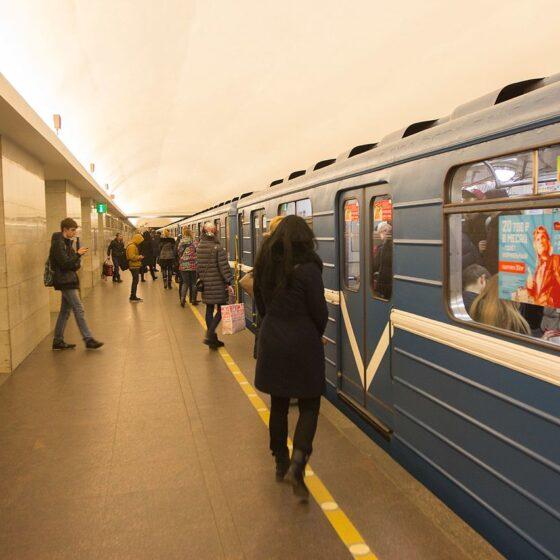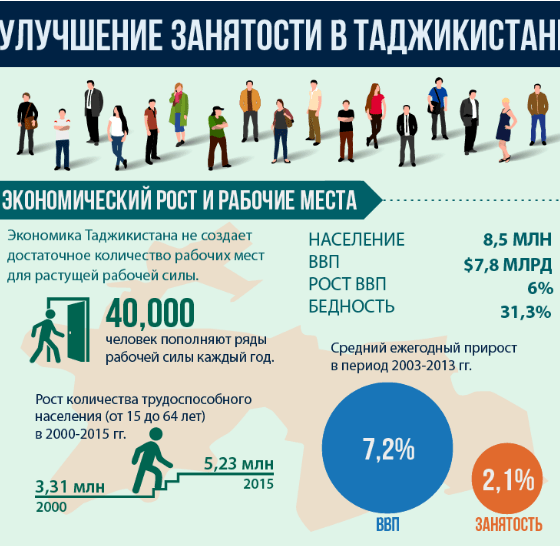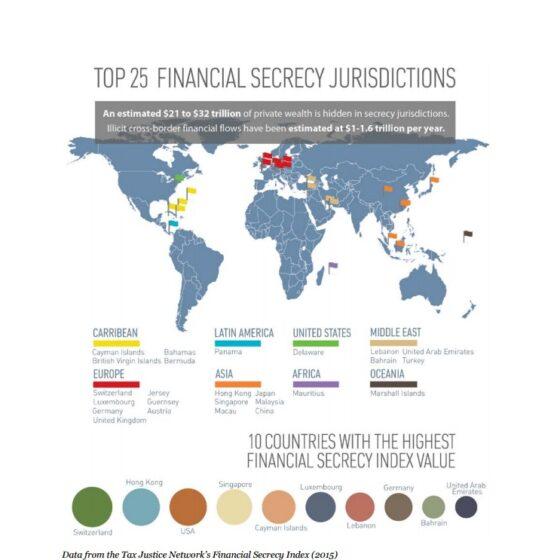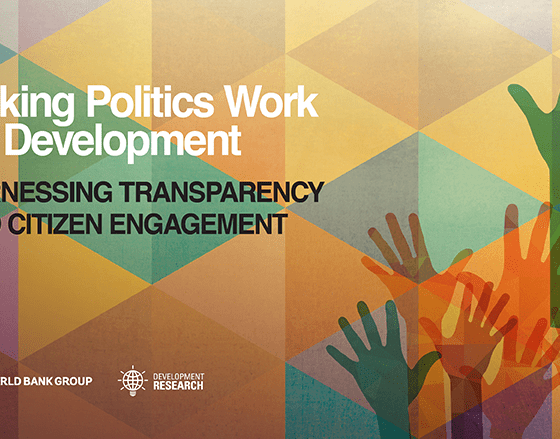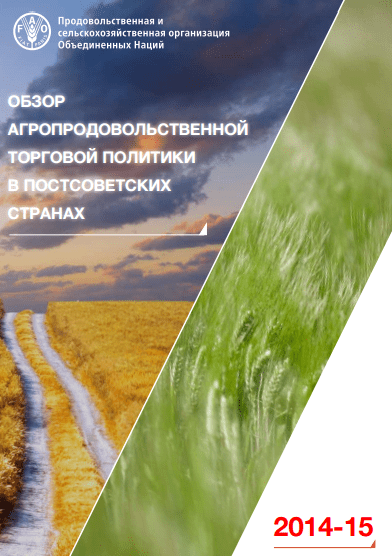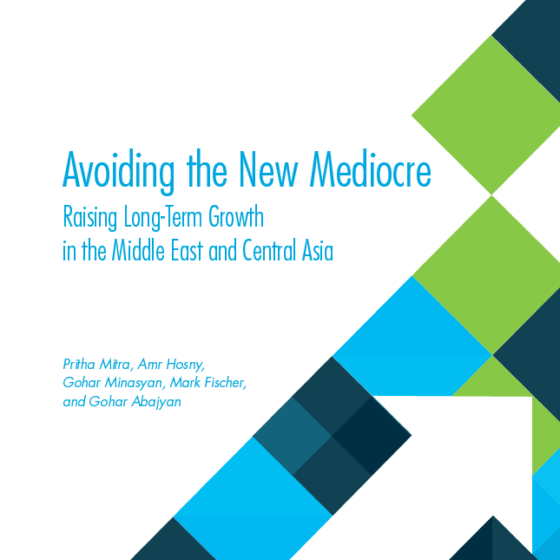Media Policy Institute (MPI) has developed an analytical review of the freedom of speech and media in Kyrgyzstan for the period from February to April 2015.
In the period from February to April 2015, there was a tendency of misunderstanding on the part of state agencies of the role of journalists in the coverage of socially significant events in Kyrgyzstan and, as a result, their right of access to information was limited. Instead of assisting journalists in the access to information, public officials and law enforcement authorities prevented them from exercising this right in covering the corruption schemes in enrollment in higher educational schools, shooting a single picket near the City Hall, interviews with inmates of a prison and others. According to the law, officials of government agencies are responsible for the failure to comply with the law on access to information. In the field of media legislation, during this period, the positive aspects of cooperation of state bodies and civil society in the promotion of freedom of expression can be noted.
Restricting the right of journalists to access information
In March, employees of the Ministry of Interior used force against journalists of “Azattyk” when they were making reportage in the building of Kyrgyz State Medical Academy on corruption schemes at enrolling new students. In another situation, in March, employees of the Ministry of Interior didn’t allow Jyldyz Dzhuskembaeva, a journalist from “Topnews”, to shoot a video on the picket near the City Hall in Bishkek. It seems that law enforcement officials are not aware of the constitutional right of everyone to receive information about the activities of state agencies, local self-governments and organizations financed from the state budget (Article 33). They do not know about the law “On access to information held by State Agencies and LSG”, “On protection of journalist’s professional activity”, “On peaceful assembly” either. And they do not even know that there is a law of the KR “On the bodies of internal affairs”, which obliges employees to show respect for the participants of peaceful assemblies and to ensure smooth operation of the media. Higher officials of the Ministry of Internal Affairs do not know about the rights of journalists in accordance with the above laws, as they did not recognize the abuse of power by their subordinates, as was the case with a journalist from «Topnews».
In March, there was also recorded a case when employees of law enforcement bodies prevented the journalists of “Vecherniy Bishkek” from doing their job. Those employees of the State Department for the Execution of Sentences invited journalists to make a report dedicated to celebration of March 8 in the women’s prison #2 in the village of Stepnoe, but did not allow the journalists to talk to prisoners. They did not even understand that they broke the law by their actions. Another example, which happened in the Parliament in March, when the MP from SDPK faction Irina Karamushkina demanded the Speaker to deprive Makhinur Niyazova, a journalist from IA «24.kg», of the right of access to the Parliament for misinterpretation when covering the work of a parliamentary committee.
This MP has clearly demonstrated the lack of knowledge about a norm in the Kyrgyz Constitution, which guarantees everyone the right to seek, receive, produce, transfer and disseminate information, about the laws that prohibit the interference in the professional activities of a journalist and his prosecution for publishing criticizing articles.
Lawsuits against journalists
During the period from February to April, the MPI represented the media for the protection of honor, dignity and business reputation and compensation for moral damages. The defendants in court were such media as “Asia News” (4 trials), “Kyrgyztoday.kg”, “Delo№ …”, “Uchur” (4 trials), “Antenn TV”, “Jany Agym”. In eight trials, the plaintiffs are public figures, and the amount of moral compensation ranges from 100 thousand to 30 million soms. For example, an MP Toktogul Tumanov filed lawsuits on protection of honor and dignity amounting to 30 million soms against journalists of “Seventh Channel”.
The story of the criminal case against the owner of the website “Maalymat.KG” Dayyrbek Orunbekov, which began at the end of last year, has finally ended in April, when Bishkek Pervomaisky District Court discontinued the proceedings at the request of the public prosecutor for the lack of evidence, according to Art. 329 “False report”. This was made possible thanks to the January decision of the Constitutional Chamber of the Supreme Court, which has put an end to the controversy surrounding the dual understanding of the article 329 of the Criminal Code of KR. Noting that media reports of a crime may be a reason for instituting criminal proceedings, the Constitutional Chamber ruled that the invalidity of such report cannot be regarded as knowingly false and does not constitute a crime under Article 329 of the Criminal Code of KR.
During this period, offenses on the part of journalists were recorded, too. The chief editor of a Kyrgyz-language newspaper “Asia News” A. Sartbayev, on February 20, 2015, quarreled with Samsaaly Chetimbaev, an entrepreneur. The quarrel ended with the journalist shooting at his opponent from a pistol, but he missed the aim. The businessman filed a complaint with the police, who arrested the chief editor of the newspaper, and he was placed in the detention center №1 in Bishkek, according to the decision of the Oktyabrsky district court in Bishkek under the “Hooliganism” article. Later S. Chetimbaev reported that he had forgiven his abuser and asked to lift the court decision. On March 13, 2015, Aslan Sartbayev was released to be under house arrest.
During this period, the events surrounding the newspaper “Vecherniy Bishkek” continued to develop. In January 2015, the city court gave 50 percent of the shares of the financial center of the newspaper “Vecherniy Bishkek” to a former co-founder. The court ruled to keep the decision of Pervomaisky district court unchanged. On the basis of the legal decisions in the Ministry of Justice, Ryabushkin received the documents on re-registration of the LLC “Rubicon”: if previously, there were two founders, now, based on the order Chui-Bishkek Department of Justice, Ryabushkins received their original position, when there were four co-founders. Receiving the legal right of founders, Ryabushkin and his wife initiated the audit by the Financial police of all the financial and economic activity of LLC “Rubicon”.
Then A.Ryabushkin came to LLC “Publishing House “Vecherniy Bishkek” and said that the general director of LLC “Rubicon” would soon be replaced. Ryabushkin believes that “Rubicon” was supposed to pay him half of the book value of the LLC, and he demanded compensation since the year of 2000 in the amount of 15 million US dollars.
On April 17, 2015, the staff of “Vecherniy Bishkek” asked the President to draw attention to the situation in the judicial system. Employees of this media holding pointed out that the trial around the publishing house and advertising firm “Rubicon” is an illegal takeover, having political backgrounds. After the publication of this communication to the President, on April 18, President Atambaev instructed law enforcement agencies to check the charges specified in the communication of the staff of “Vecherniy Bishkek” and bring those responsible to justice, irrespective of their status. Checking on charges is carried out only as a collection of explanatory notes from employees of “Vecherniy Bishkek”.
Initiatives in Media Law
In January 2014, the Ministry of Justice made a public debate on a bill aiming at significant amendments to the law “On mass media” and to the Code of Administrative Responsibility. In connection with this initiative, the Media Policy Institute made an extended comment, in which a number of innovations threatening the freedom of media were highlighted: http://www.media.kg/news/kommentarij-k-zakonoproektu-ministerstva-yusticii-o-vnesenii-izmenenij-i-dopolnenij-v-zakon-o-smi/.
Some time after the submission of the bill for the public response and after the comment of the Institute for Media Policy, the Ministry of Justice revoked the aforementioned bill. This decision can be described as an example of proper reaction from the government to the actions of civil society, in order to ensure constitutional guarantees of citizens.
Another positive example of joint work of the government and civil society is the Resolution of the Plenum of the Supreme Court of the Kyrgyz Republic “On judicial practice in the resolution of disputes on protection of honor, dignity and business reputation” made by the Supreme Court of the Kyrgyz Republic in February 2015. The Media Policy Institute actively participated in the drafting of recommendations to improve the text of that document, and some suggestions were taken into account. A fundamentally new for the Resolution as amended in 2015 was the orientation of courts to the application of international treaties and generally recognized principles and norms of international law.
On the other hand, a disturbing factor is the desire of representatives of the government to implement pre-trial blocking of websites suspected of distributing extremist materials. For this purpose, an Interdepartmental working group chaired by the Deputy Minister of Transport and Communications was established in January 2015. We believe that the precondition for that was the issue of publishing a video “Islamic state”: children from Kazakhstan threaten to kill the infidels” on the website www.kloop.kg. Then, we recall, this website was blocked, and this violated the laws of the Kyrgyz Republic. In April, after learning of the existence of such initiative and the development of a package of documents, civil society organizations “the Institute for Media Policy” and “CIIP” became part of the working group. The work of civil society organizations will be aimed at explaining the members of the working group on the inadmissibility of the pre-trial blocking of website, because it is contrary to both national laws and international obligations of Kyrgyzstan.
This analytical review was prepared within the framework of the partnership project of Media Policy Institute “Protection of freedom of speech in Central Asia”, in partnership with the “Global Campaign for Free Expression ARTICLE 19” and IWPR representative office in the Kyrgyz Republic, financed by the Government of Norway and the European Union.
he review was prepared by
Ainura Eshenalieva and Begaim Usenova
